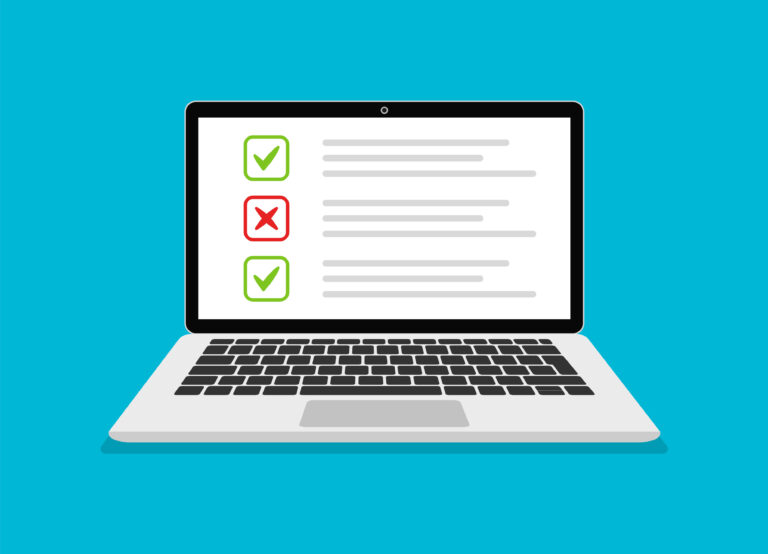
Introduction
When it comes to getting health insurance in Australia, figuring out the right plan can feel like a puzzle at the best of times – and a minefield at the worst. There are just so many options out there and so many things to consider – where to begin?
The good news is we’ve put together this guide to help you better understand exactly what to know before buying health insurance – so you can make the best choice for you and your family.
Medicare vs. private health insurance: What’s the difference?
Australia’s public health system, Medicare, provides free or subsidised care with doctors, specialists and in public hospitals. For things like routine visits or urgent hospital trips, Medicare does a lot. So why get private health insurance?
Here are a few reasons:
- Skip the wait for elective surgeries: For common procedures like knee or hip replacements, private insurance means you can avoid the long waiting times that can span months and even years in the public system.
- Your choice of doctor/specialist and the facility: Private cover lets you choose your doctor and allows you to get a private room in hospitals.
- Tax and penalty savings: If you earn over $97,000 (or $194,000 as a couple), private hospital cover helps you avoid the Medicare Levy Surcharge (MLS). If you’re under 31, taking out insurance also means you avoid the Lifetime Health Cover (LHC) loading penalty, which increases premiums by 2% each year after age 31 if you don’t have private cover.
Hospital vs. extras cover
Private health insurance is split into two main categories: hospital cover and extras.
- Hospital cover: This takes care of costs for hospital visits, elective surgeries, in-patient treatments and more. It’s also required if you want to avoid the MLS or LHC penalties.
- Extras cover: Extras are for things Medicare doesn’t cover, like dental, optical, physio and other allied health services. Extras can help lower your out-of-pocket costs but it might not be necessary for everyone.
Alternatively, you can go with combined cover, which is a plan that includes both hospital and extras insurance in one.

Our top 6 tips when choosing private health insurance
Feel like you’re ready to start exploring your options? Here are six tips for finding the best health insurance that matches your needs and your budget:
1. Consider your health needs
Basic health insurance usually only covers a small selection of essential hospital treatments. Things like joint replacements, cardiac surgeries and maternity services are excluded or, in rare cases, offered but with very restricted benefits. This means if you need anything more than the most basic hospital treatment, you’ll probably be left to pay big out-of-pocket expenses on your own.
2. Look at the waiting periods
Taking out a new plan means you’ll have to sit out waiting periods for certain benefits, like major dental or maternity care. If you’re switching, check if your waiting periods will transfer over from your existing policy.
3. Check for caps and exclusions
Extras cover usually has annual and lifetime limits for treatments like physiotherapy and optical. Review these caps and watch out for any services that are excluded entirely.
4. Think about the tax implications
If you’re a high earner, even Basic hospital cover will help you dodge the Medicare levy surcharge. For Australians aged under 31, taking out private cover now helps you avoid future penalties from LHC loading.
5. Choose the right tier
Private health insurance is tiered into Basic, Bronze, Silver and Gold levels (with additional plans like Silver-Plus). As the name suggests, Basic policies cover much fewer services, while Gold covers nearly everything. Pick a tier based on your health needs and, most importantly, your budget.
6. Don’t ignore extras perks
Some policies have additional perks like discounts on gym memberships or wellness programs. These can be a nice bonus if they are services that you would be using anyway.
How to compare health insurance online
The internet has made plenty of things in life easier – and that includes finding and comparing health insurance. You can jump online today and start using:
- Government-endorsed tools: Places like PrivateHealth.gov.au can be very helpful – it’s run by the Ombudsman, so you can also take it for granted that it’s unbiased. You’ll be able to tap into a variety of informative resources to give you a better understanding of what you might need in a policy.
- Comparison websites: There are dozens of dedicated health insurance comparison websites out there, but do keep in mind that they may only let you compare policies from their affiliated insurers.
- Read reviews: Read up on customer feedback about lenders’ claims processes, service quality and level of cover.
- Fair Health Care Alliance: We’re redefining what good healthcare looks like, and we’ll work to understand your individual needs before showing you the most suitable policies. Contact us online or call 1300 955 691 to get started today.
Portability
Don’t re-serve waiting periods when you switch to a new health fund or policy
“John was immediately covered for a hip replacement in private hospital because he had already served his waiting periods for joint replacements on his old policy”
Should you rely solely on Medicare?
A big question people often ask is whether Medicare alone is enough. Medicare does have its strengths – it delivers reliable care for urgent needs and high-cost treatments, especially in emergencies.
But private cover might be exactly what you need – so long as you choose a policy that will give you enough bang for your buck. For planned surgeries and non-urgent treatments, private health insurance shortens wait times and lets you choose your provider.
If you very rarely need medical services, relying on Medicare alone might be enough to get you by. But if you want options and less time waiting in line, as well as to avoid things like the MLS and LHC loading, then private cover could be worth it.
Common pitfalls when choosing health insurance
Even with the best intentions, some common pitfalls can trip you up. Here are a few that you should steer clear of:
- Skipping annual reviews: Your health needs change. Reviewing your policy every year (before your premiums go up in April) will help make sure it’s still meeting your needs.
- Going for the cheapest option or a Basic policy: While saving on premiums might seem wise, too-cheap policies tend to lack enough cover to make the cost worthwhile. Going with Basic hospital cover can also mean you’re left to foot the bill if you need anything more serious than a quick trip to the hospital.
- Over- or under-insuring: Extras cover is only helpful if you use services like dental and optical regularly. Make sure you’re not paying for benefits you don’t use.

Do you have ambulance cover?
One thing many people overlook is ambulance cover. Medicare doesn’t cover ambulance services, and costs can soar into the thousands of dollars for just a single trip. If you’re in Queensland or Tasmania, you’re covered by the state government, but for everywhere else, ambulance cover can save you from a big bill.
Check if ambulance cover is included in your health insurance policy or think about getting standalone ambulance cover if it’s not.
What to keep in mind when switching health insurance providers
Switching providers can seem intimidating, but it’s something more and more Australians are doing in order to stay on top of the rising cost of living. It might even mean you find better cover or cheaper premiums. Here are a few things to bear in mind:
- Transferring waiting periods: If your new policy is in the same tier or lower than your old one, you probably won’t have to re-serve waiting periods.
- Incentives for switching: Some insurers have promotions like no waiting periods or lower premiums for new members, which makes it easier to switch.
- Double-check benefits: Before you switch, make sure the new policy’s benefits cover all your current healthcare needs, and that exclusions or caps aren’t worse than what you currently have.
Conclusion
Finding the right health insurance in Australia can be simple if you know what to look for. Use this guide and compare health insurance online through trusted resources like Fair Health Care Alliance – we’re here to help you find a plan that delivers value and security, while giving you total peace of mind.

Aaron Savrone, founder of Fair Health Care Alliance (FHCA), is a health insurance expert with over 15 years of experience. Specializing in transparent, customer-focused advice, Aaron launched FHCA in 2017 to address the lack of genuine care in the health insurance comparison space. With a commitment to simplifying complex policies and data, Aaron and the team have earned FHCA top ratings and awards, including a 5-star Google Review score from hundreds of reviews and Best Insurance Comparison Website in 2023 and 2024 (ProductReview).







